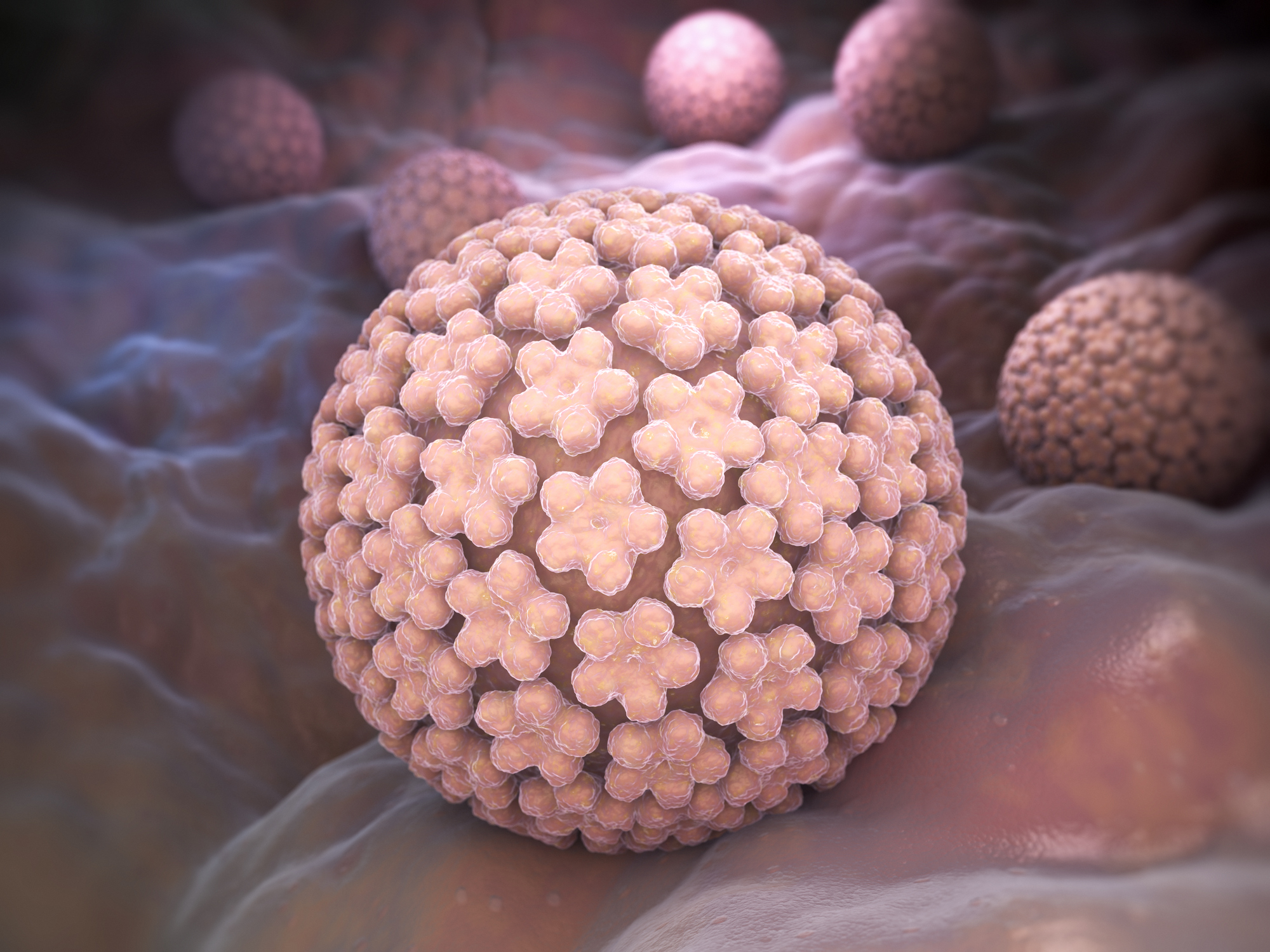While warts on the hands and fingers are extremely common, most people don't really know what causes them. Often it can feel as if they've developed out of nowhere, but in fact, warts are caused by a form of the human papillomavirus or HPV. There are hundreds of different kinds of HPV, with varying severity and symptoms. Some are relatively harmless, like the ones that cause warts to appear on your hands or fingers, while others are much more insidious, causing warts on the genitals or those associated with cervical cancer. While this might sound scary, HPV is extremely common, and most people come into contact with it at some point in their lives, though not everyone will exhibit symptoms.
How Can You Get HPV?
HPV is a virus, and therefore relatively common and contagious. You can contract the HPV that causes warts from simple skin-to-skin contact such as shaking hands, or even from touching a doorknob or towel that someone with warts has used. You are more likely to contract the virus if you have any open wounds or sores on your hand, or if your immune system is compromised for some reason. Because of this, it is also easy to transfer warts to other parts of your own body as well. Many people are able to fight off the virus quite easily and thus will never show any symptoms. Others may develop warts that never completely disappear without treatment. HPV causes warts by invading the top the layer of skin, causing rapid growth of the skin cells, which results in a wart. Whatever you do, don’t worry about “catching” warts - they are out there and there isn’t much you can or should do about it. Your immune system will do its job far better than you running to the hand sanitizer every 5 minutes.
What Are the Treatment Options?
How you choose to deal with an outbreak of warts on your hands or fingers depends entirely on your own preferences and if the warts are impeding your daily life. While they will go away on their own eventually, there are also quite a few over-the-counter solutions that can help get rid of them faster. Salicylic acid or patches have proven to be very effective in removing warts but require diligence on your part - apply them regularly for best effect. Another at home treatment that people have found to help is using duct tape or clear nail polish to suffocate the virus, though this is an even slower process. You can also visit your doctor and have the warts frozen off which will remove them rapidly but will probably be a bit painful. Though it is not necessary to get your warts removed, many people choose to take this step with the idea that this will avoid spreading the virus further to themselves or others. This is a bit of a misconception. Unless you have a significant immune problem - i.e. are taking a medication that reduces your immunity, then removing warts to reduce spreading or transmission to others is not recommended. Warts can also cause some pain or discomfort, so if you are experiencing this know there are ways to get them removed safely and quickly.
Is There a Way to Prevent Warts?
While it is nearly impossible to avoid HPV entirely, there are precautionary steps you can take to minimize the likelihood of contracting HPV that causes warts on your hands. Number one: make sure to wash your hands frequently. It is also important to use lotion regularly to keep the skin moisturized and prevent your skin from cracking. Avoid biting your nails or cuticles as well, since this can create open sores, making you more susceptible to the virus. Also, when using public spaces such as the gym, make sure to use sandals in the shower and wipe down all equipment before and after you use it. If you already have warts, avoid shaving in and around warts - this, unlike most other activities CAN increase the risk of spreading.
Contact CDCRI for Warts Treatment in San Diego
As you can see, warts are an extremely common thing, but also easily treatable. If you have warts you are concerned about, contact the California Dermatology and Clinical Research Institute for a consultation today.






